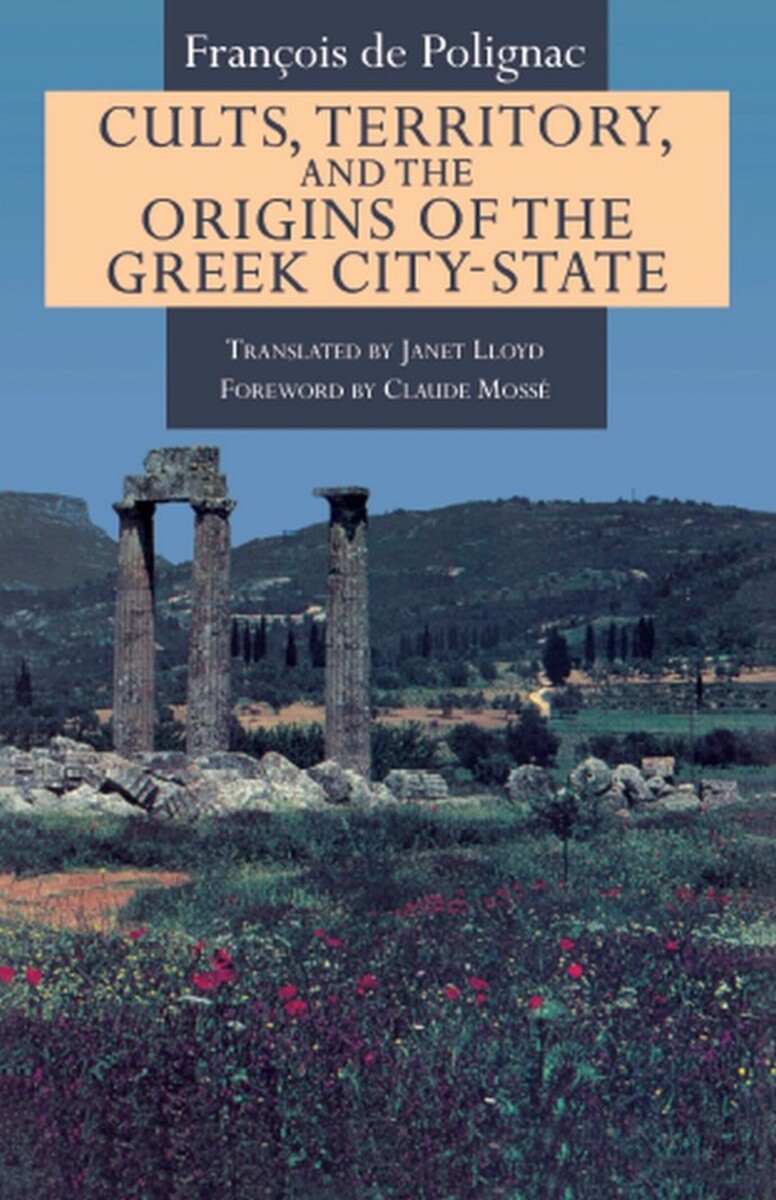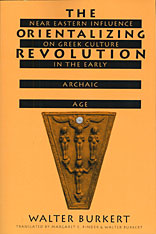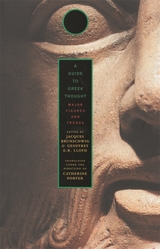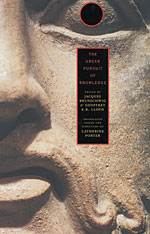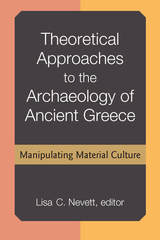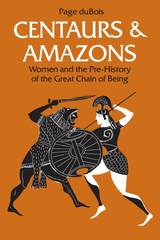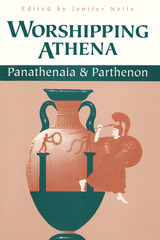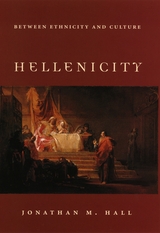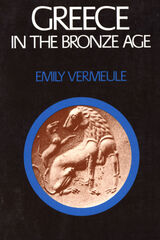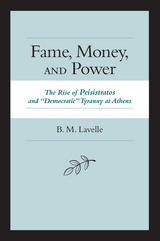Cults, Territory, and the Origins of the Greek City-State
University of Chicago Press, 1995
Paper: 978-0-226-67334-9 | Cloth: 978-0-226-67333-2
Library of Congress Classification DF122.P6513 1995
Dewey Decimal Classification 307.760938
Paper: 978-0-226-67334-9 | Cloth: 978-0-226-67333-2
Library of Congress Classification DF122.P6513 1995
Dewey Decimal Classification 307.760938
ABOUT THIS BOOK | TOC | REQUEST ACCESSIBLE FILE
ABOUT THIS BOOK
How did the classical Greek city come into being? What role did religion play in its formation? Athens, with its ancient citadel and central religious cult, has traditionally been the model for the emergence of the Greek city-state. But in this original and controversial investigation, Francois de Polignac suggests that the Athenian model was probably the exception, not the rule, in the development of the polis in ancient Greece.
Combining archaeological and textual evidence, de Polignac argues that the eighth-century settlements that would become the city-states of classical Greece were defined as much by the boundaries of "civilized" space as by its urban centers. The city took shape through what de Polignac calls a "religious bipolarity," the cults operating both to organize social space and to articulate social relationships being not only at the heart of the inhabited area, but on the edges of the territory. Together with the urban cults, these sanctuaries "in the wild" identified the polis and its sphere of influence, giving rise to the concept of the state as a territorial unit distinct from its neighbors. Frontier sanctuaries were therefore often the focus of disputes between emerging communities. But in other instances, in particular in Greece's colonizing expeditions, these outer sanctuaries may have facilitated the relations between the indigenous populations and the settlers of the newly founded cities.
Featuring extensive revisions from the original French publication and an updated bibliography, this book is essential for anyone interested in the history and culture of ancient Greece.
Combining archaeological and textual evidence, de Polignac argues that the eighth-century settlements that would become the city-states of classical Greece were defined as much by the boundaries of "civilized" space as by its urban centers. The city took shape through what de Polignac calls a "religious bipolarity," the cults operating both to organize social space and to articulate social relationships being not only at the heart of the inhabited area, but on the edges of the territory. Together with the urban cults, these sanctuaries "in the wild" identified the polis and its sphere of influence, giving rise to the concept of the state as a territorial unit distinct from its neighbors. Frontier sanctuaries were therefore often the focus of disputes between emerging communities. But in other instances, in particular in Greece's colonizing expeditions, these outer sanctuaries may have facilitated the relations between the indigenous populations and the settlers of the newly founded cities.
Featuring extensive revisions from the original French publication and an updated bibliography, this book is essential for anyone interested in the history and culture of ancient Greece.
See other books on: Cities and towns, Ancient | Cults | Greece | Origins | Territory
See other titles from University of Chicago Press
